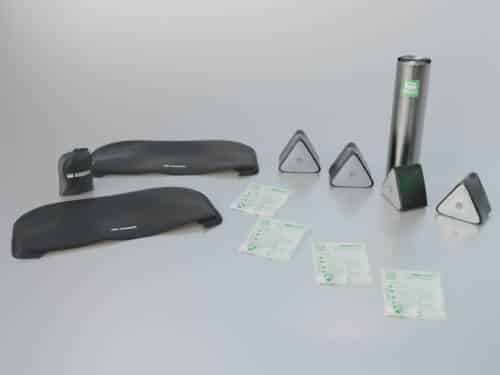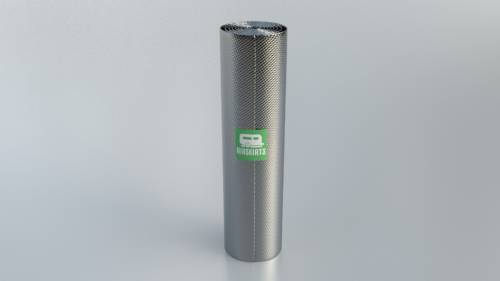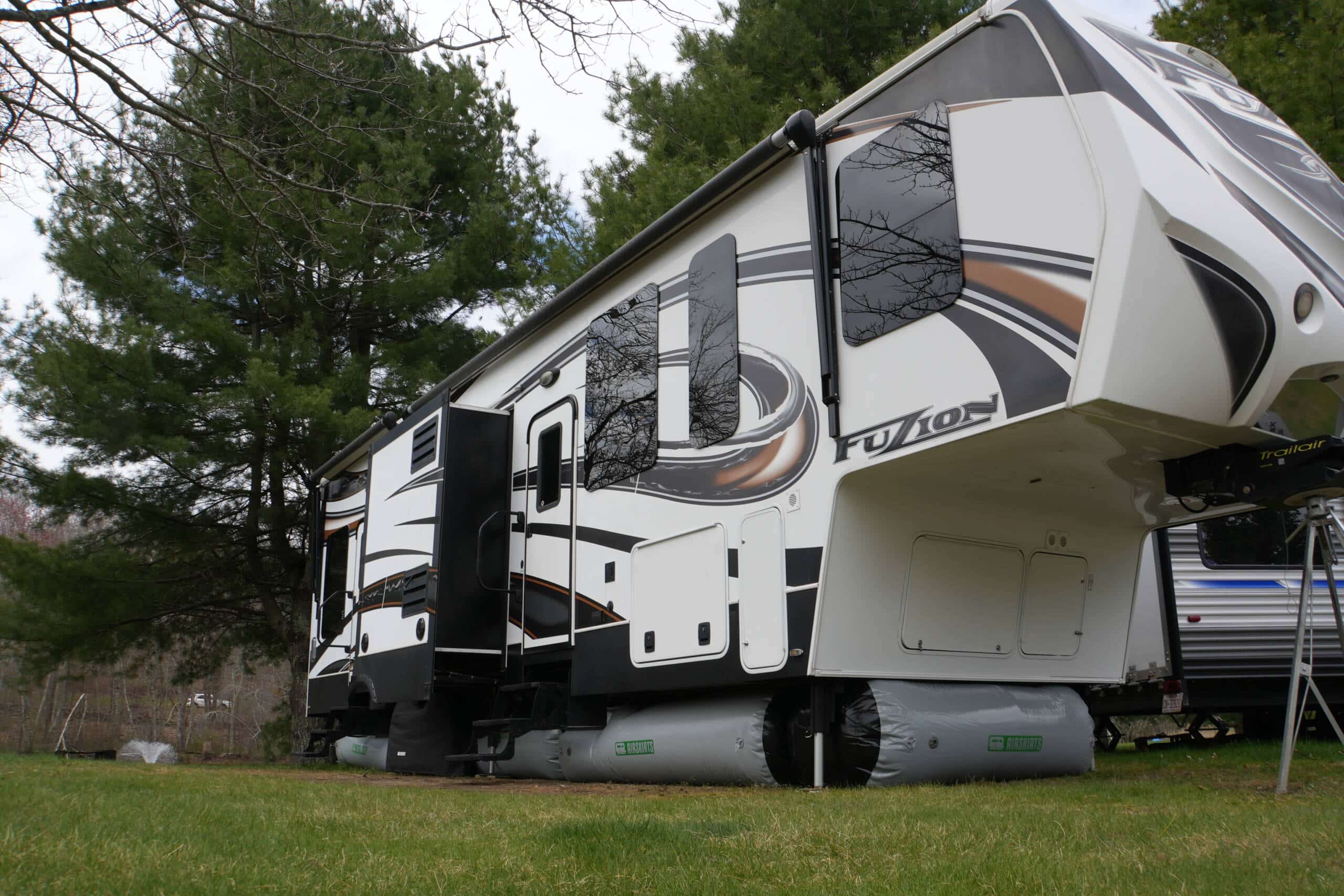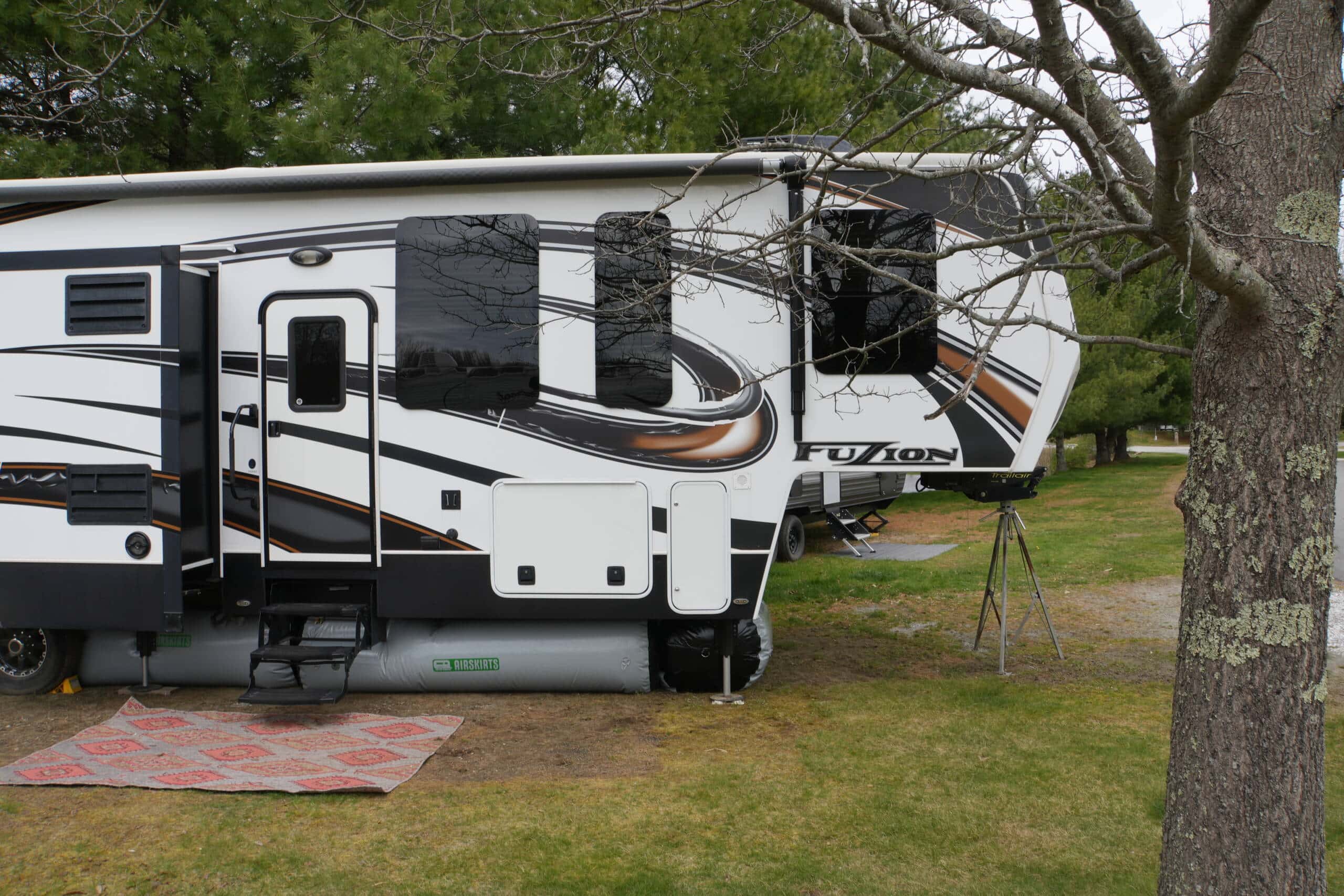RV Window Insulation
Windows on RVs come in many sizes, and often in pretty high numbers. Each window offers a point of vulnerability to temperature fluctuations (and prying eyes!) in your camper. As a result, RV window insulation has become a pretty important thing for RVers in both cold and hot weather conditions.
Shop RV Window Insulation Products
Additional Products
Benefits
Temperature Regulation
Energy Efficiency / Cost Savings
Comfort / Condensation Control
Noise Reduction
Privacy
Insulating RV Windows
Unless you have a four season or arctic package, you likely have single-pane windows. It can be very costly to upgrade and few people choose to do this.
- No matter what type of windows you have, maintaining the seals around them will help keep air from leaking in. Regularly check to make sure gaskets and weatherstripping are intact and apply conditioner to these as needed. Inspect caulking and replace when needed. And don’t forget your skylights and vents! These have rain and snow coming down directly on them, so may need more maintenance than your windows.
- The most basic way to insulate your RV’s windows is with clear plastic film. This is often used in homes and is installed by placing double-sided tape around the window, then putting the plastic over it. The plastic can usually be shrunken with a hair dryer, making it nearly invisible. This allows natural light in, but typically isn’t quite as effective as other methods.
- Reflectix, a shiny bubble wrap type insulation, is very popular with RVers. You simply cut to size and it will usually stay in place by itself but you can use some double sided tape if necessary. Reflectix is great in both the winter and summer, as it’s an excellent radiant barrier, reflecting the sun’s rays away from your camper. The drawback with this product is that it does block out natural light (though that may be a plus for those travel nurses on second or third shift).
- Of course, using your shades and curtains in addition to these solutions will increase your comfort levels and if you full-time or regularly camp in the winter, you may want to consider insulated curtains.
Read full article on “RV Insulation Ideas”






Leave A Comment